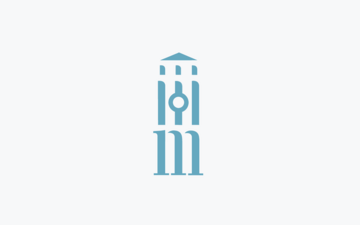UM Press Annotates Digital Writing and Education: Writing Workflows

Our #DigitalWriting and #DigitalEducation annotation series opened last week with Laura Gonzales’ Sites of Translation: of Translation: What Multilinguals Can Teach Us about Digital Writing and Rhetoric (University of Michigan Press, 2018).
This week, readers are invited to continue the digital writing discussion with Tim Lockridge and Derek Van Ittersum’s Writing Workflows: Beyond Word Processing (University of Michigan Press, 2020). Lockridge and Van Ittersum study how the tools we select for writing shape our writing processes.
Join us in annotating “Chapter 6: Workflow Mapping,” which suggests writers can benefit from reflecting on the technologies that are already a part of their practices. We hope readers might even be inspired to share their writing workflows in the digital margins.
Readers are encouraged to add annotations between March 27 th and April 2 nd .
How to Participate
The University of Michigan Press looks forward to engaging with readers through UM Press Annotates. To help make the conversation productive for all, we ask annotators to follow these community guidelines:
- Seek to understand differing perspectives. Questions can inspire meaningful conversation and help us develop shared understandings, even where we may disagree.
- We welcome scholarly disagreements, but ask all annotators to engage in respectful communication practices.
- Help make the conversation searchable across social media with the hashtags #UMPAnnotates and #DisabilityStudies.
To add annotations and respond to others, sign up for a free Hypothesis account . Once you have an account, there’s no need to install a browser extension; Hypothesis is embedded in our Fulcrum platform. Sign in, select some text, and click the annotate button to join the conversation: happy annotating!
This post was written by Michelle Sprouse, a PhD candidate in the University of Michigan’s department of English and Education and UM Press editorial intern. Michelle currently oversees the UM Press Annotates pilot program. In her own research, she explores social annotation as a tool for connecting reading and writing in post-secondary contexts.



